 Instructor
Instructor
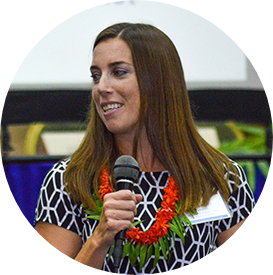
Beth Schubert
 Denver, Colorado
Denver, Colorado
Audit
Beth Schubert is the Director of the Drinking Water Investments Directorate in the Environmental Protect Agency Office of Inspector General. Her directorate focuses on the objective oversight of programs that safeguard public health through safe drinking water protection which includes the oversight of approximately $35.7 Billion in funding provided through the Infrastructure Investment and Jobs Act. She has 22 years of federal auditing experience including approximately 12 years working with the U.S. Insular Islands. She has been with the EPA OIG for 3 years.
Beth started her federal career as an intern with the Office of Natural Resource Revenue before moving to the U.S. Department of the Interior Office of Inspector General in 2008. In 2010, she accepted a 2-year assignment located in Honolulu, Hawaii which is where her interest and passion in the Pacific Islands began. She became the DOI OIG’s first Insular Area Capacity Building program coordinator where she planned and coordinated training and assistance to the U.S. Insular Islands Offices of the Public Auditors. She has provided training and assistance to auditors in the U.S. territories of Guam, American Samoa, and the Commonwealth of the Northern Mariana Islands as well as the Freely Associated States of the Republic of Palau, Republic of the Marshall Islands, and the Federated States of Micronesia and its four states; Yap, Kosrae, Pohnpei, and Chuuk.
Beth holds a master’s degree in business administration from the University of Colorado-Denver, as well as master’s degree policy management from Georgetown University in Washington, DC. Her bachelor’s degree is in business administration with a specialization in finance from Bowling Green State University in Ohio. She is a certified fraud examiner.
 Past Courses
Past Courses
9:00 a.m. to 11:00 a.m.
CNMI (GMT+10)
Other
This two-hour session will convene an expert panel of auditors to consider past audit work on U.S. COVID spending, the current opportunities and challenges for COVID auditing, and the future of COVID audits in the region. Island auditors will find the program both timely and important in supporting their accountability mission.
8:00 a.m. to 12:00 p.m.
CNMI (GMT+10)
CNMI
A key challenge in reporting the results of performance audits is to formulate the report message from the audit data. An additional challenge is to then compile and sequence the audit facts to support that message. Using alternative methods, gain hands-on practice in marshaling the evidence from your audit into findings that answer the audit objectives and present the details in an understanding and convincing manner.
8:00 a.m. to 12:00 p.m.
Palau (GMT+9)
Palau
Human health and the environment are important considerations no matter where you live. Governments are increasing their focus on environmental concerns which can lead to an increase in funding in environmental programs, the creation of new programs, or expanded responsibilities in existing programs.
1:00 p.m. to 6:00 p.m.
Hawaii (GMT-10)
Other
Explaining Audit Results to Policy-makers
In this session, participants will learn theories and practice tools to present audit and finance results to policy-makers. They are busy, they have many tasks, and we can explain complex topics to them clearly. From Greek theories on communication to presenting with clear information and context, we'll cover time-tested tools that will help you get to the basic message sooner and inform governing groups about the important results of our audit and finance work.
Love Triangle - Audit Risk, Internal Control, and Sampling
Audit risk, internal control, and sampling are key components to any audit. It is important not only to understand each of those aspects, but also to understand how they relate to each other. We will examine the various components of audit risk and internal control and how those may impact sampling.
4:00 p.m. to 6:00 p.m.
Hawaii (GMT-10)
Other
Audit organizations world wide have been affected by the COVID-19 Pandemic. Even if you are not conducting a COVID-19 specific audit, auditors conducting audit work during the pandemic, or whose scope of work falls within the period of the pandemic, may face obstacles that can increase their audit risk including the unavailability of key staff, the inability to access key information, and the inability to follow established controls.
8:00 a.m. to 12:00 p.m.
CNMI (GMT+10)
Other
 Other Instructors
Other Instructors

Robert Adachi
Oakland, California
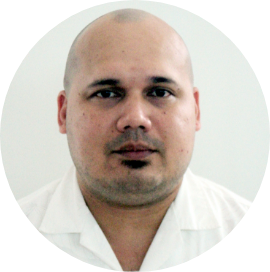
Bernard Adiniwin
Republic of Marshall Islands
.png)
David Apatang
Saipan, CNMI

Michael Barsabal
Philippines

Margie P. Bastolla
Orlando, FL
_(1).png)
David Bean
Springfield, Illinois
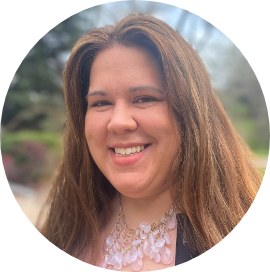
Katelyn Bell
Denver, CO
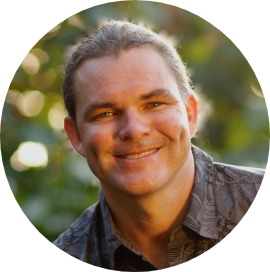
Jeffrey Berlin
Hawaii

Michael Binder
Washington, District of Columbia

Michael Bingham
Washington DC
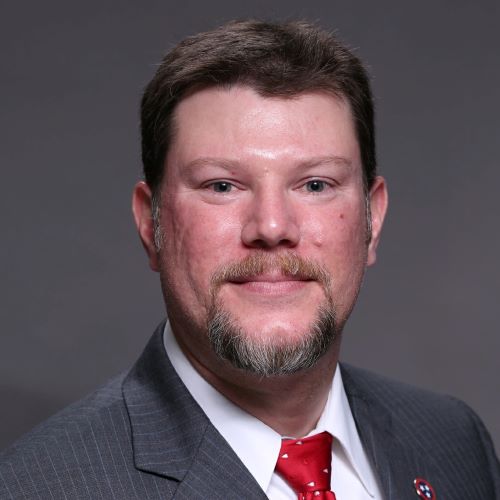
Gerry Boaz, CPA, CGFM, CGMA
Tennessee

Scott Cahoon
Guam
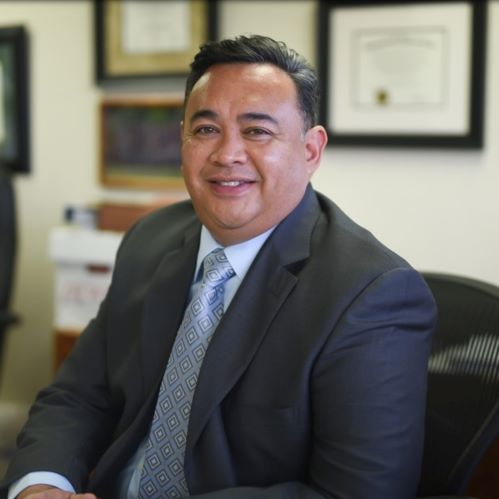
Vince Camacho, Esq.
Guam
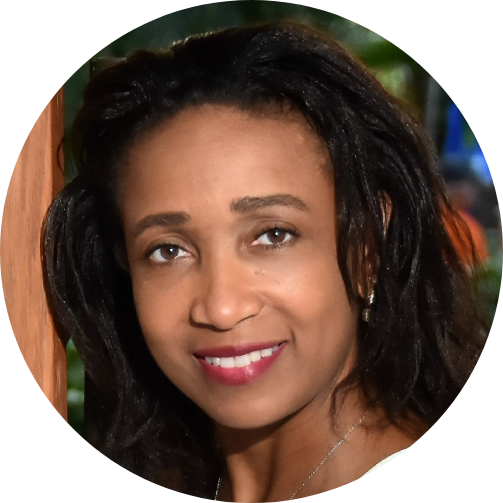
Clarissa Corbin, PMP
Williamsburg, Virginia

Frank Crawford
Oklahoma City, Oklahoma
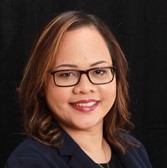
Doreen Crisostomo, Ph.D., CGFM, CFE, CICA
Guam

Benjamin Cruz, JD
Guam
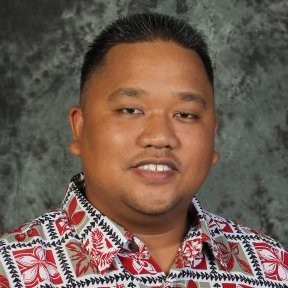
Angel A. Demapan
Saipan, CNMI
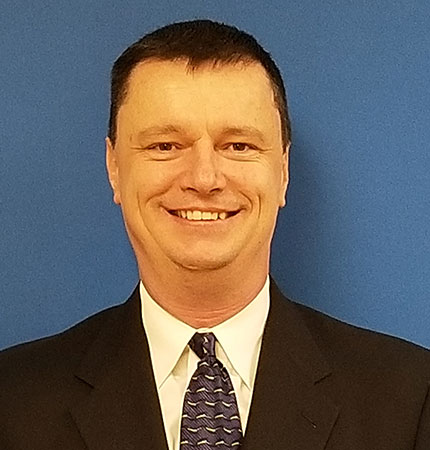
Steve Determan
Lakewood, CO

Vince Duenas
Guam
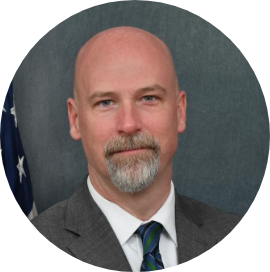
Matt Elliott
Washington, DC
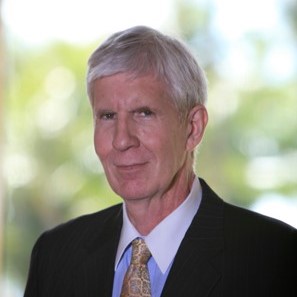
Daniel Fitzgerald, CPA
Guam

Emil Friberg
Washington, DC

Mark Funkhouser
West Virginia

Glenn Furuya
Honolulu, Hawaii
3.png)
Mark Lee Greenblatt
Washington, D.C.
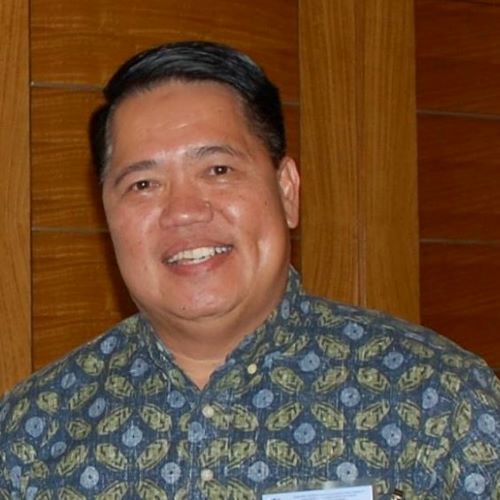
Jose Guevara, III, CGFM, PMP, MBA
Guam

Manny Hechanova
Guam
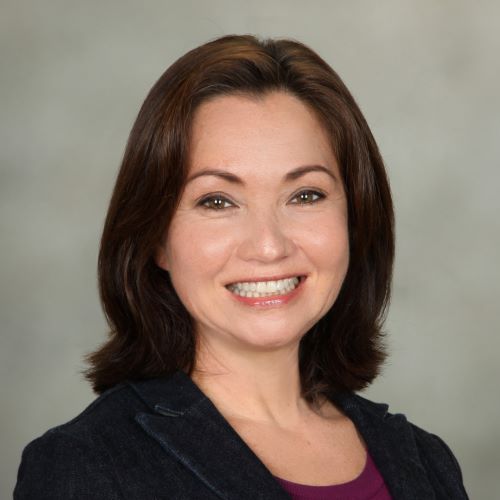
Yuka Hechanova, CPA, CIA, CGFM, CGAP, CGMA
Guam

Jerrick Hernandez, MA, CGAP, CICA
Guam

Artemio "Ricky" Hernandez, Ph.D., CGFM
Guam
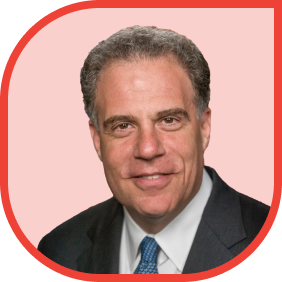
Michael E. Horowitz
Washington DC

David House
Denver, Colorado
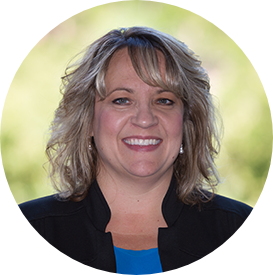
Kerri Hunter
Denver, CO

William Hunter
Saipan, CNMI

Le'Angela Ingram
Baltimore, MD

Nick Johnston
Auckland, NZ
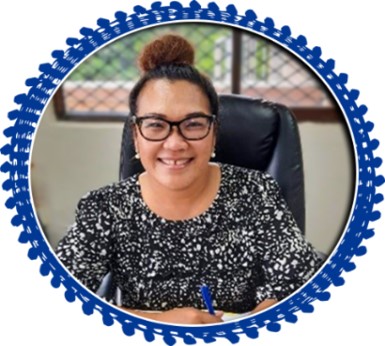
Kino Kabua
Republic of Marshall Islands
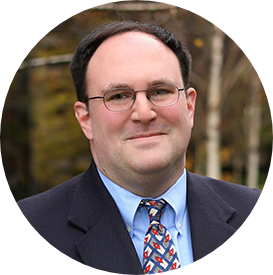
Drummond Kahn
Portland, Oregon
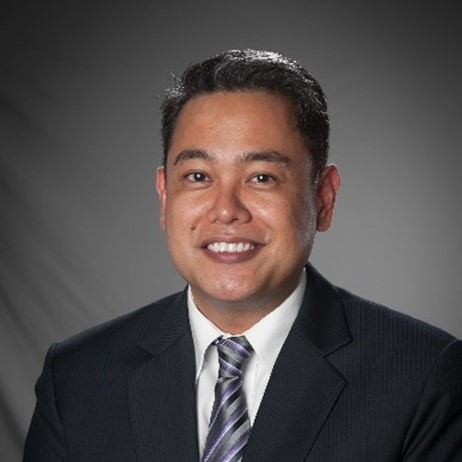
Jason Katigbak, CPA, CIA, CFE, CGMA
Guam
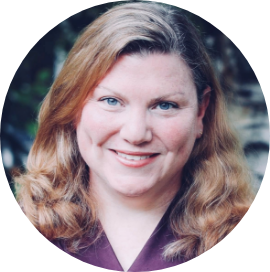
Karden Kelly
Anchorage, AK

Muhammad Khalid
Punjab
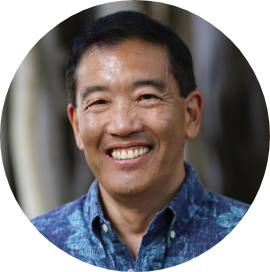
Les Kondo
Honolulu, HI
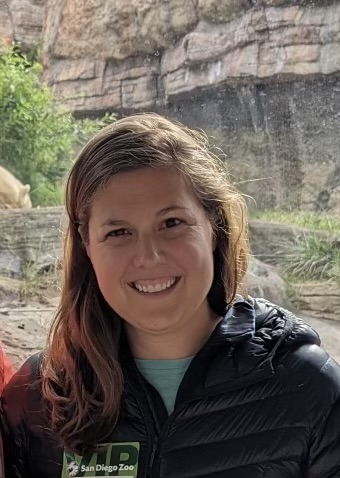
Katharine Kovacek
Denver, Colorado

Dan Kowalski
Ogden, NJ
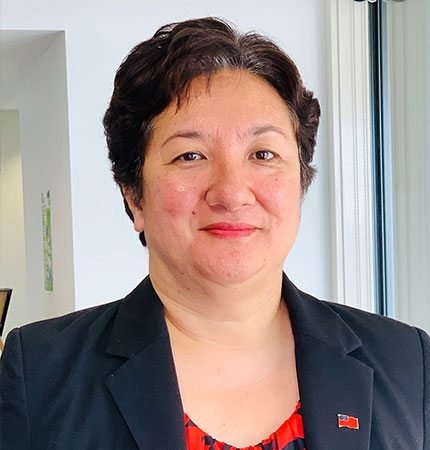
Esther Lameko-Poutoa
Auckland, New Zealand

Robert Lavigna
Madison, Wisconsin

Amin Leiman, PMP, CPC, SDC, SMC, CISA, ,MSBA, MBA
Los Angeles, California
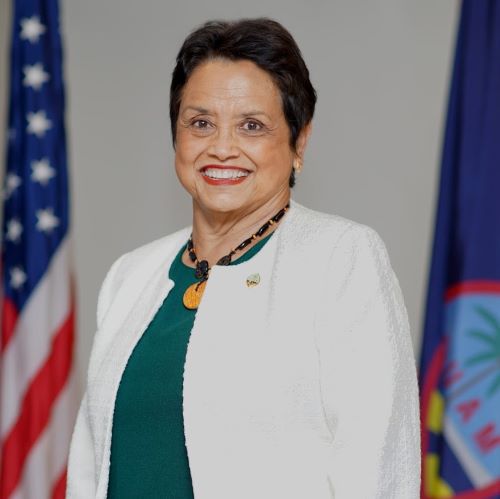
Lourdes A. Leon Guerrero
Guam
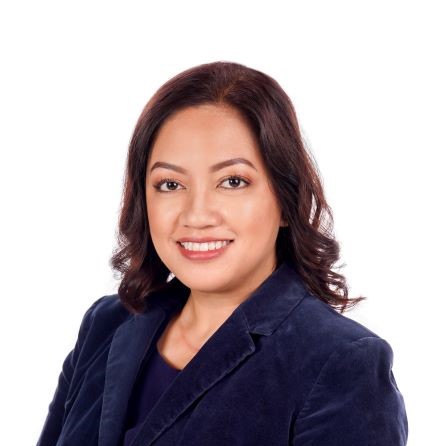
Daphne Leon Guerrero, SHRM-SCP, CAPM
Guam
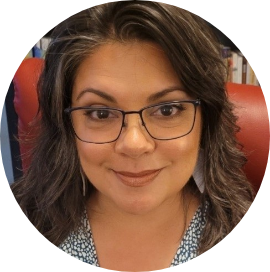
Stefani S. Levesque
Denver, CO

Sarah Markley
Auckland, NZ
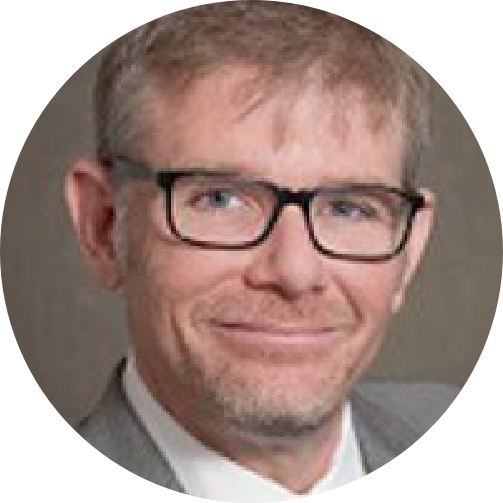
Kip R. Memmott
Salem, OR

Anna Mendiola
FSM National
-modified1.png)
Debbie Milks
Lawrence, Kansas
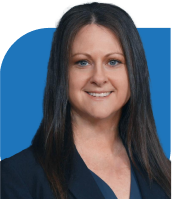
Nicki Miller
Washington, DC

Jason Mitchell
Pago Pago, AS

Billy Morehead, Ph.D., CPA, CGFM
Madison, MS

Mark Morgan, Ph.D., CPA, CFE
Madison, MS
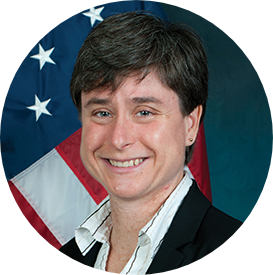
Susan Murphy
Boston, MA
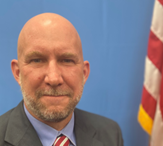
Eric S. O'Malley
Saipan, CNMI

Mary Okada, Ed.D.
Guam
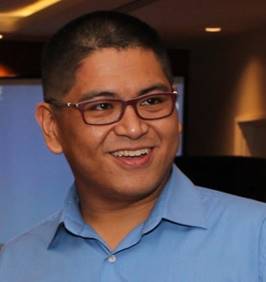
Rizalito "RG" Paglingayen, CPA
Guam
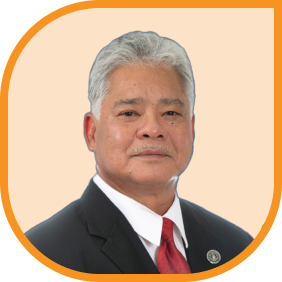
Arnold Palacios
Saipan, CNMI

Pilar Pangelinan
Guam
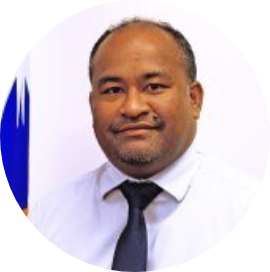
Junior Patrick
Republic of Marshall Islands
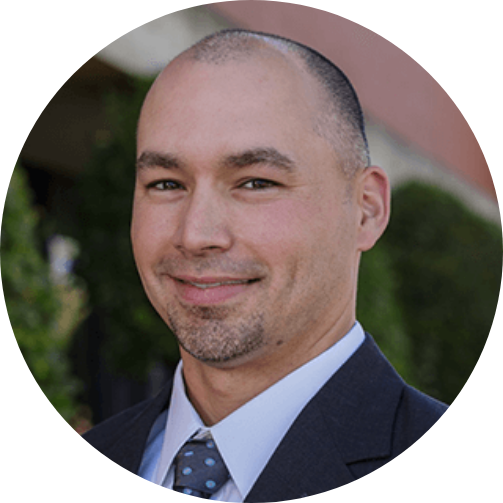
Christopher Pembrook
Oklahoma City, OK
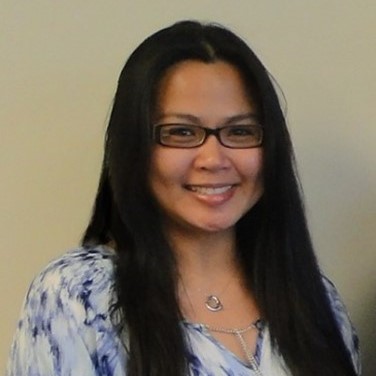
Maripaz Perez, CGFM, CGAP, CICA, CIA, CFE
Guam

Lillian Perez-Posadas, MN, RN
Guam

Skip Polson
Durham, NC
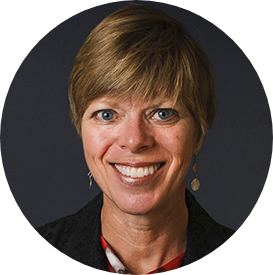
Dianne Ray
Denver, CO
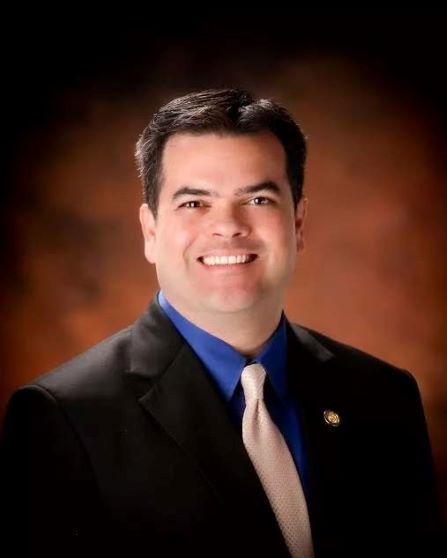
Rory J. Respicio
Guam
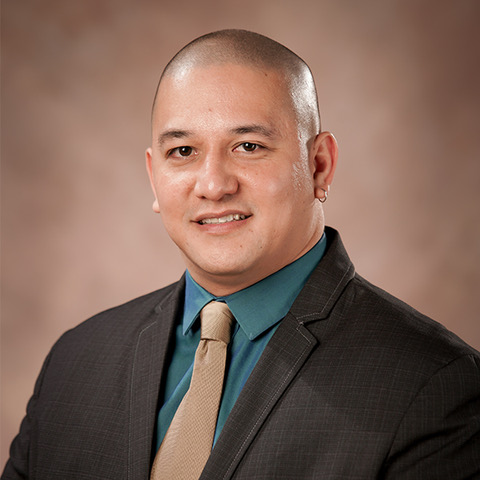
John J. Rivera, Ph.D., AIF, CFE, CM, SHRM-SCP
Guam
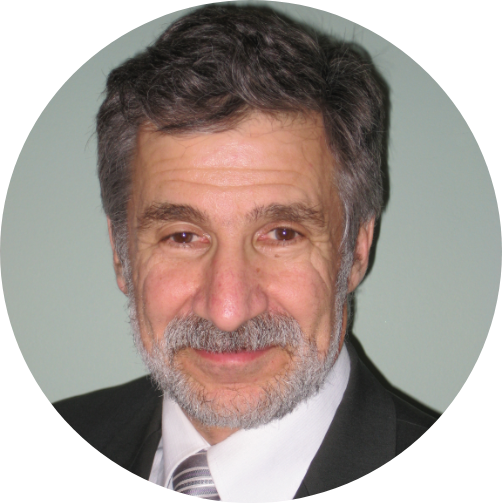
Martin Ruben
Charlottetown, PEI

David Rykken
Washington, DC
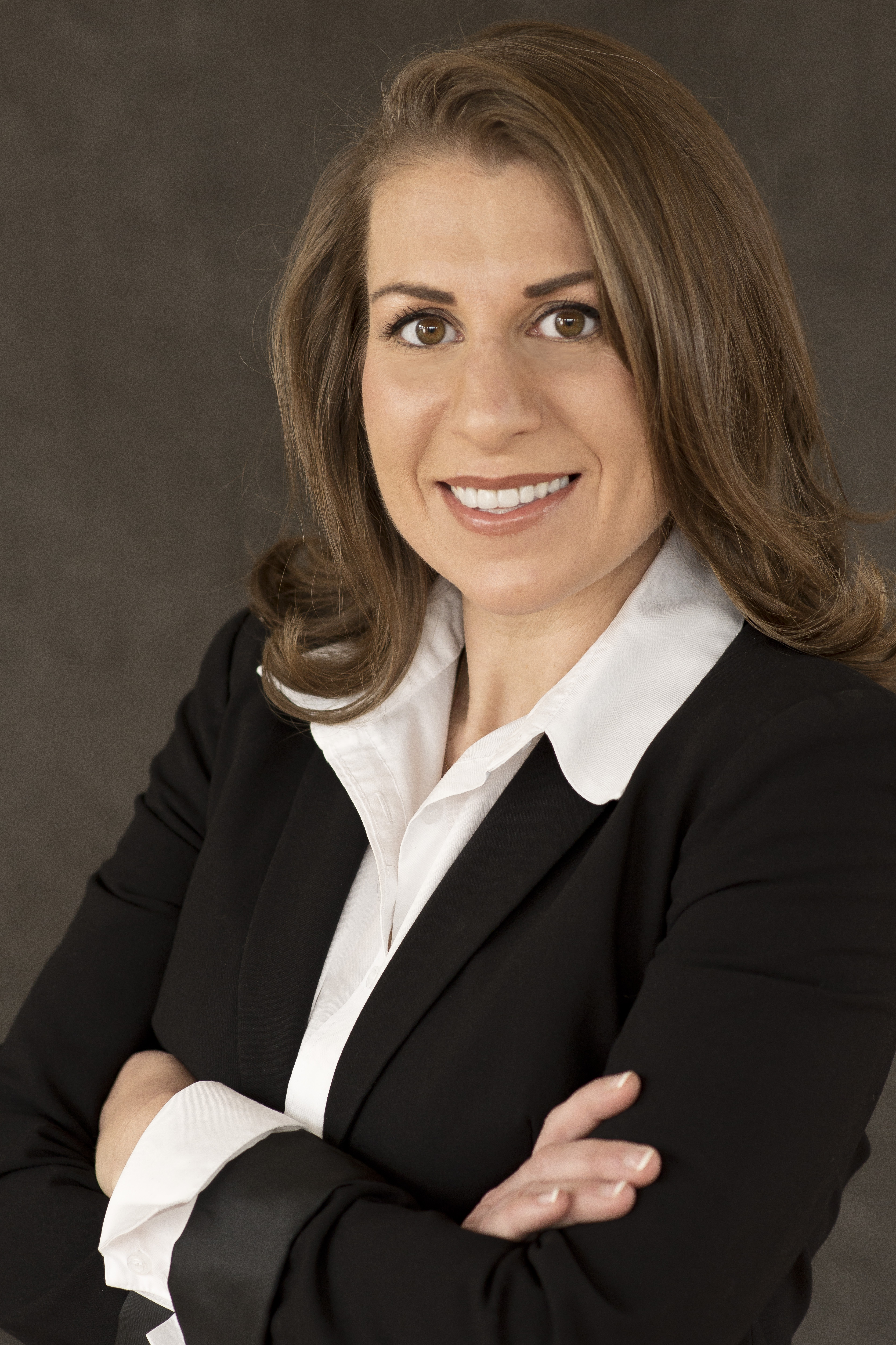
Kathleen Sedney
Washington DC
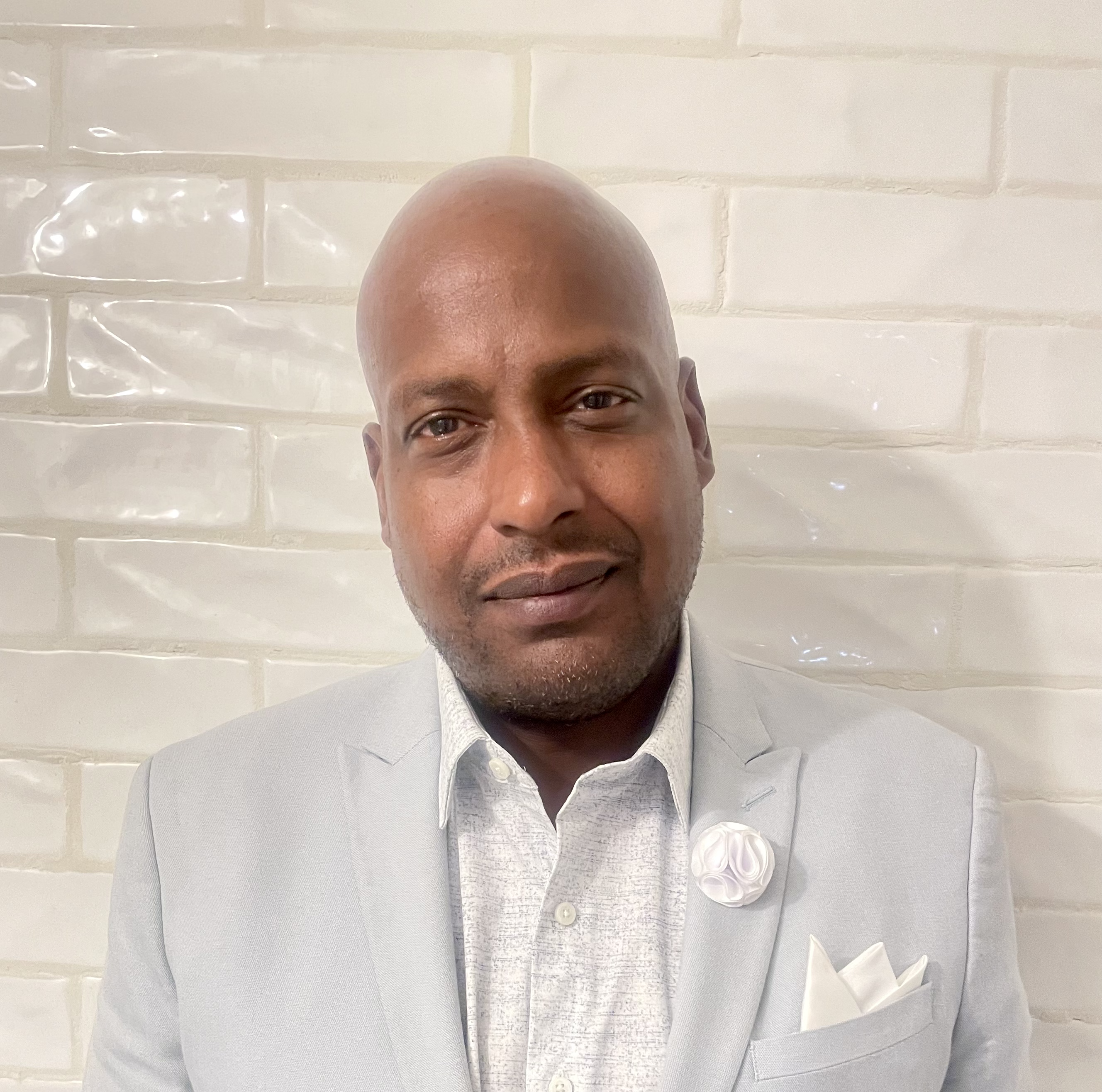
Seitu Stephens
Philadelphia

Mark Sturton
United Kingdom

Pending Traveler
NY

Terry VanEaton
American Samoa
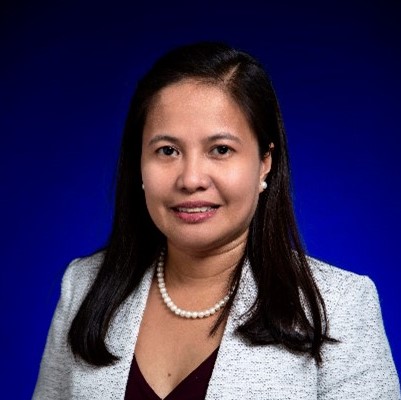
Josephine Villanueva, CPA, CGMA, CGFM, CSAF, SHRM-CP, PMP
Guam

Mizpah Wiegand, CPA
Guam
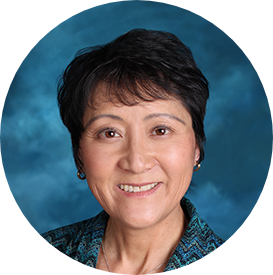
 +1.808.523.1650
+1.808.523.1650








 10 October 2025
10 October 2025  Monique
Monique  October 21, 2020
October 21, 2020 CPEs - 2 Credit Hours
CPEs - 2 Credit Hours Photo Gallery
Photo Gallery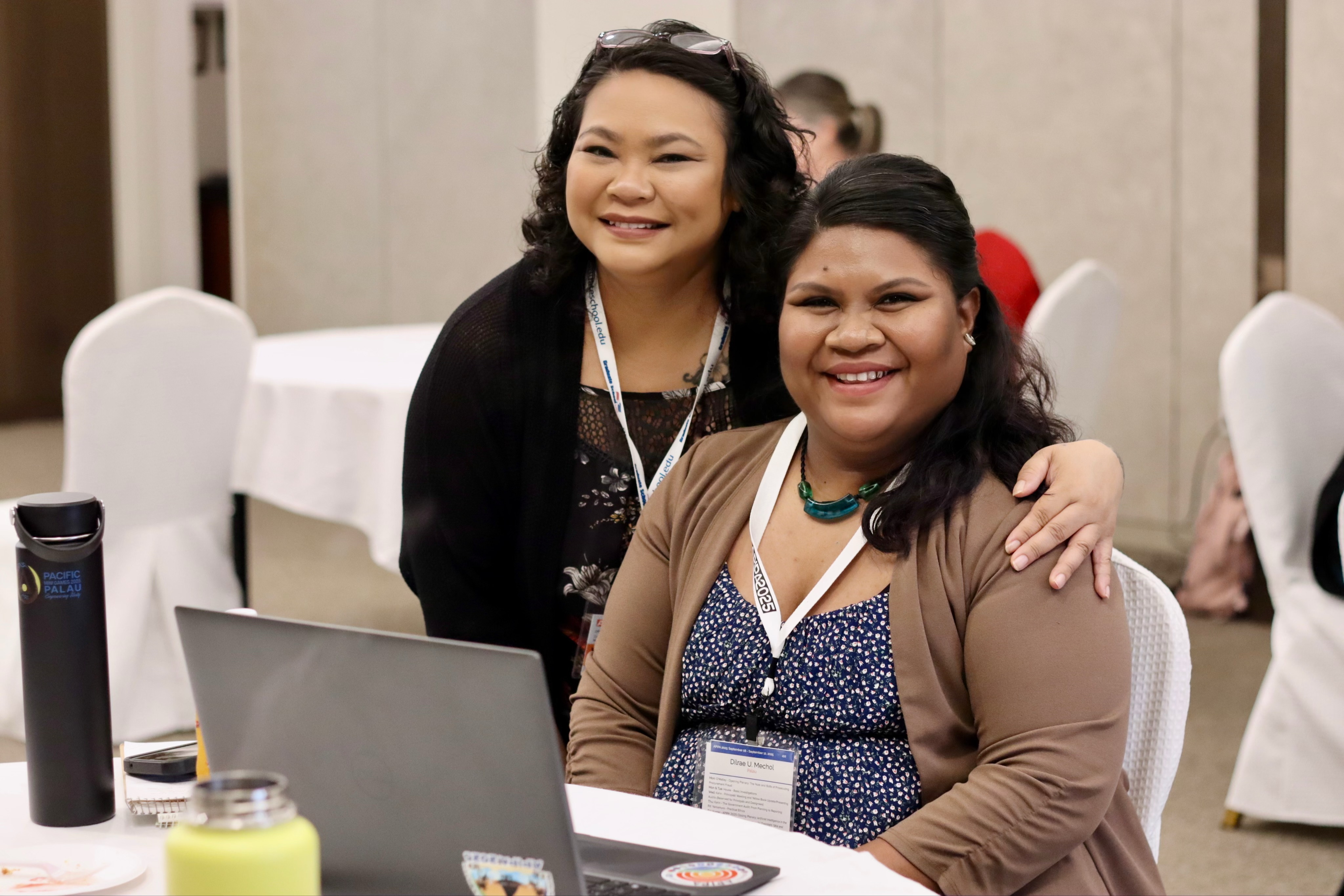
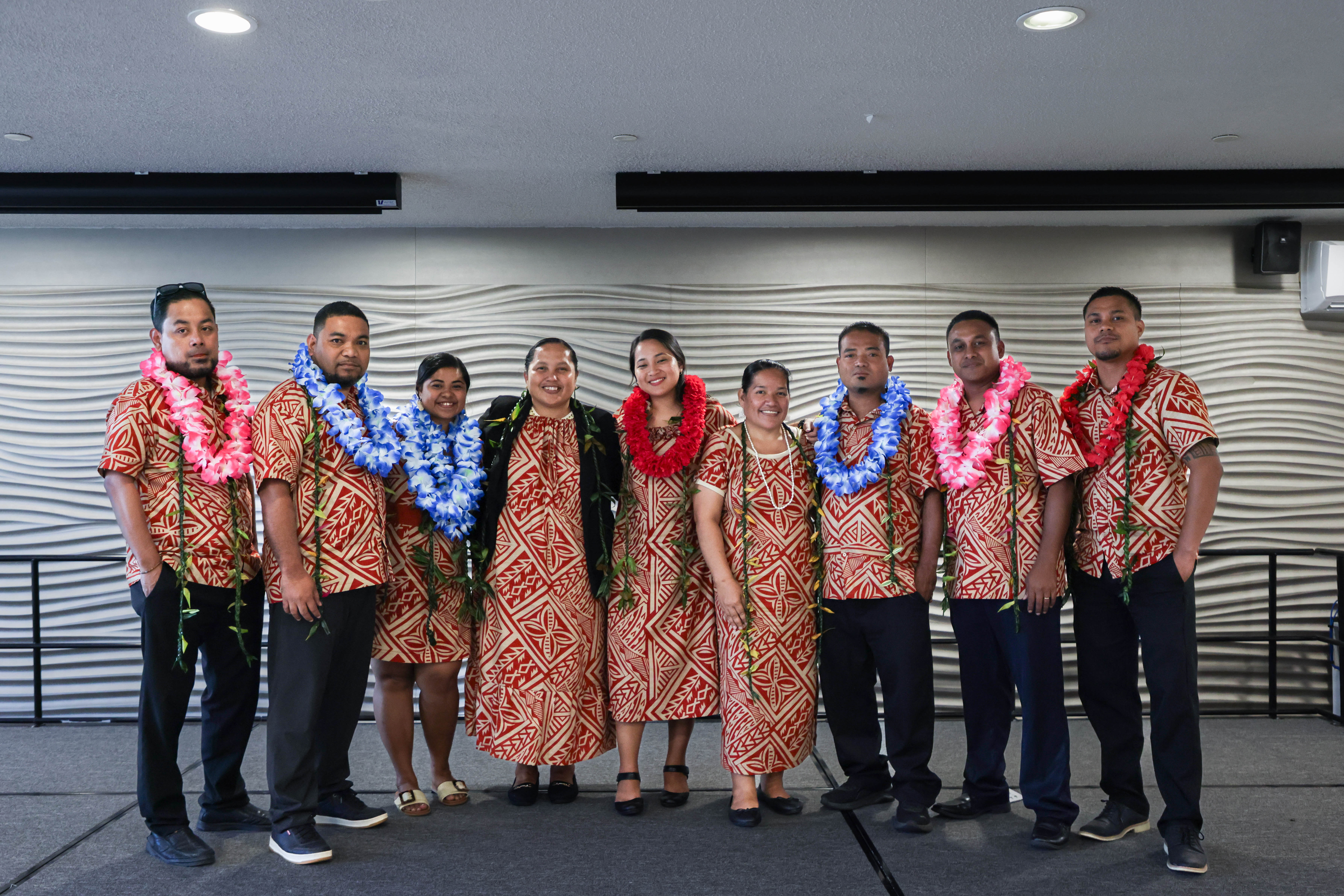
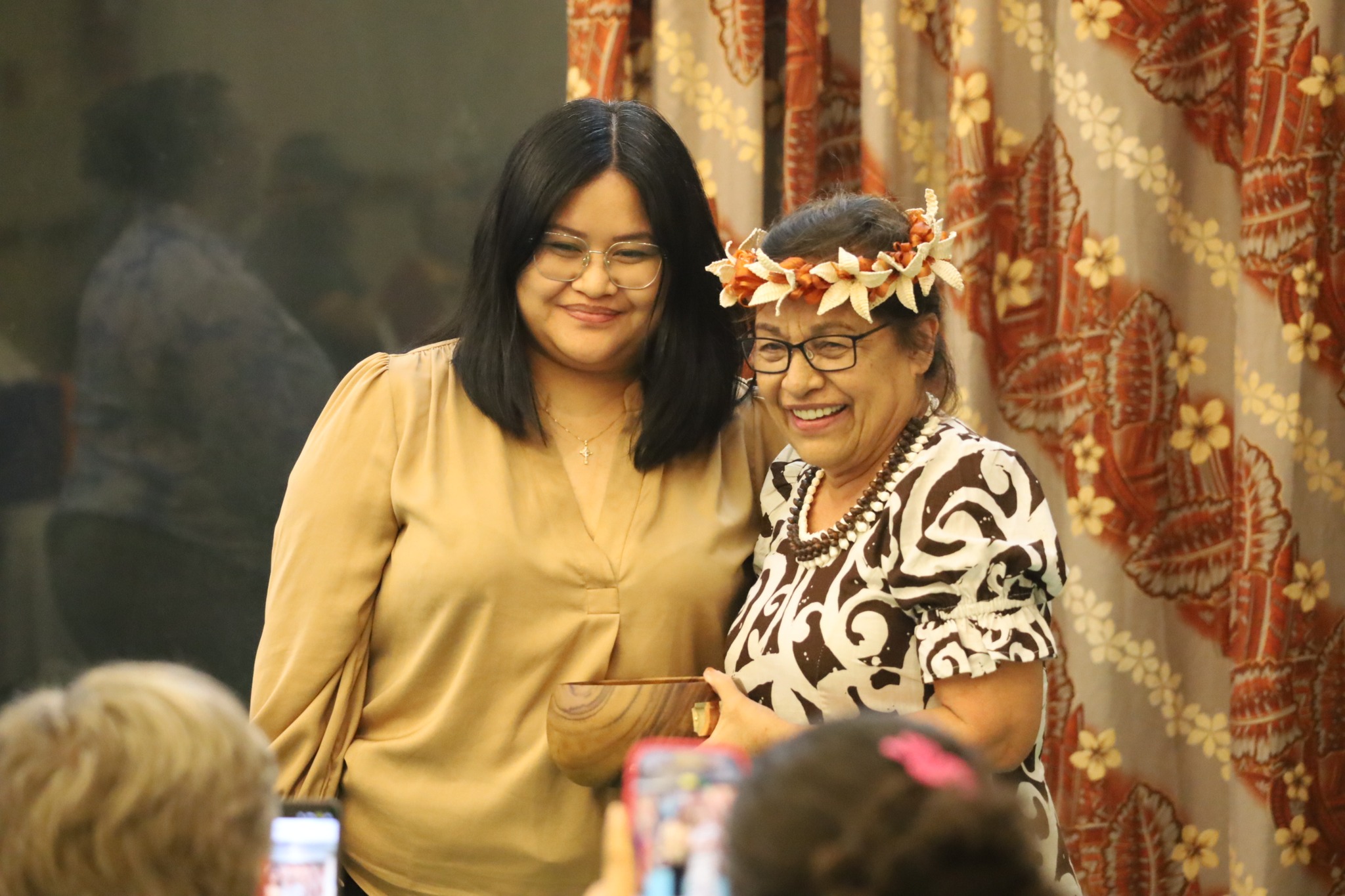
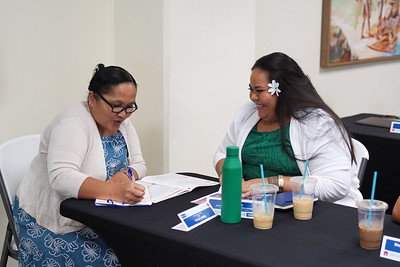
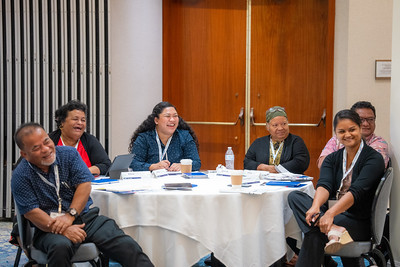
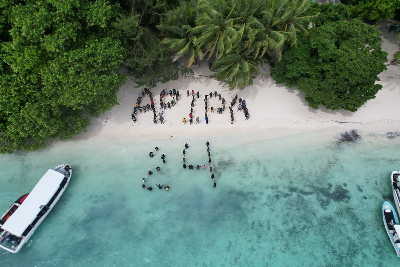
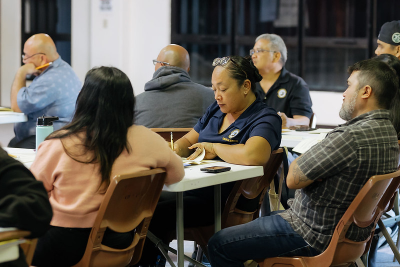
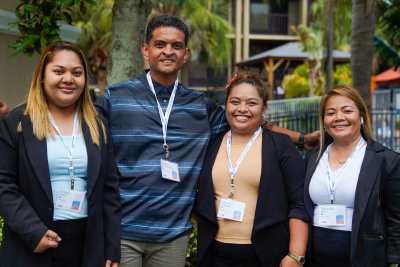
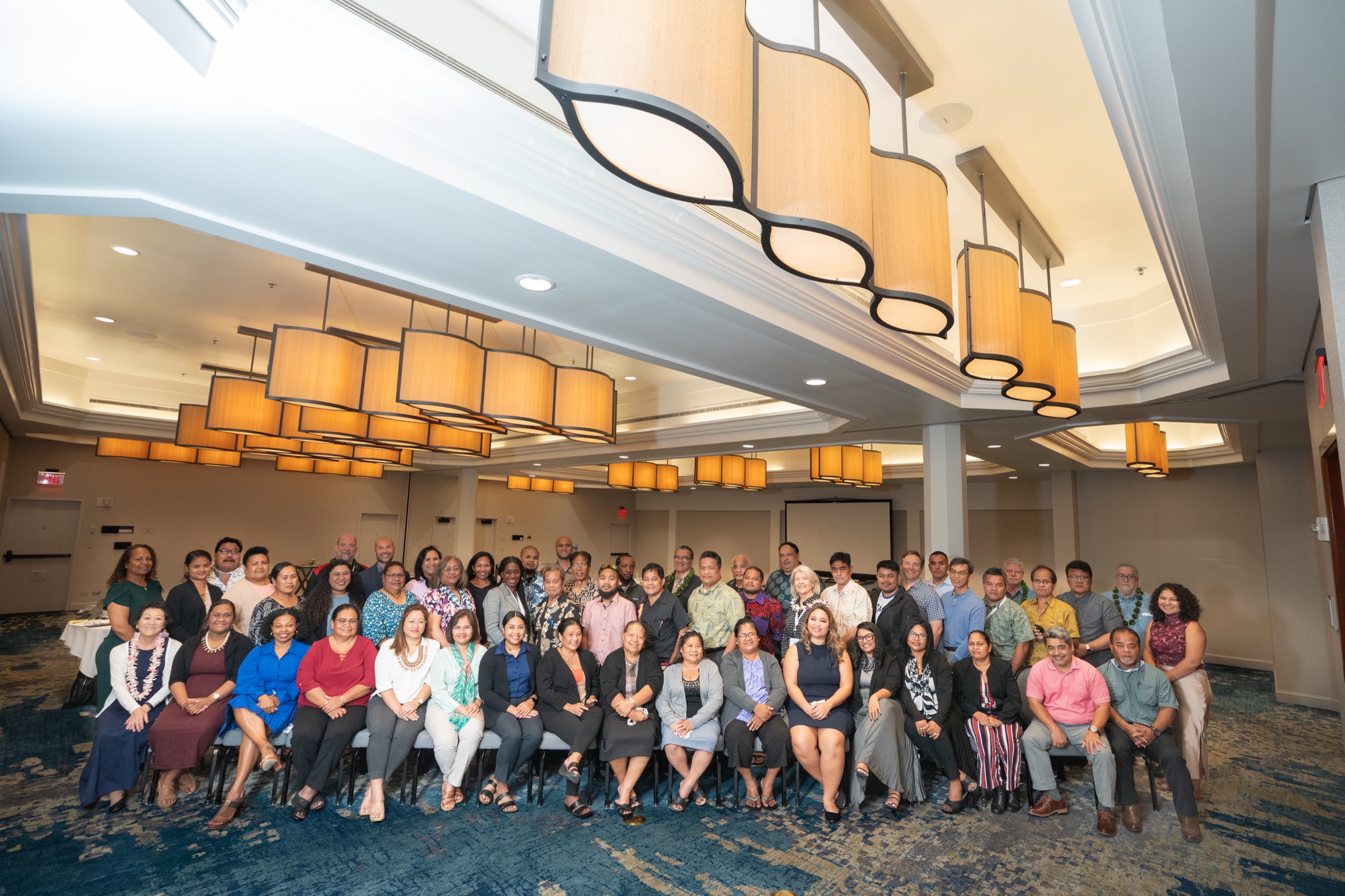


 COMPLETE GALLERY
COMPLETE GALLERY HOME
HOME NEWSROOM
NEWSROOM INITIATIVES
INITIATIVES CONFERENCES
CONFERENCES TRAINING
TRAINING ABOUT PITI-VITI
ABOUT PITI-VITI CONTACT
CONTACT ACCESSIBILITY
ACCESSIBILITY




 +1.808.523.1650
+1.808.523.1650

 900 Fort Street Mall, Suite 1540
900 Fort Street Mall, Suite 1540 
 Reset Password
Reset Password
 Chat
Chat
 Email
Email


 ACKNOWLEDGE
ACKNOWLEDGE READ FULL WAIVER
READ FULL WAIVER